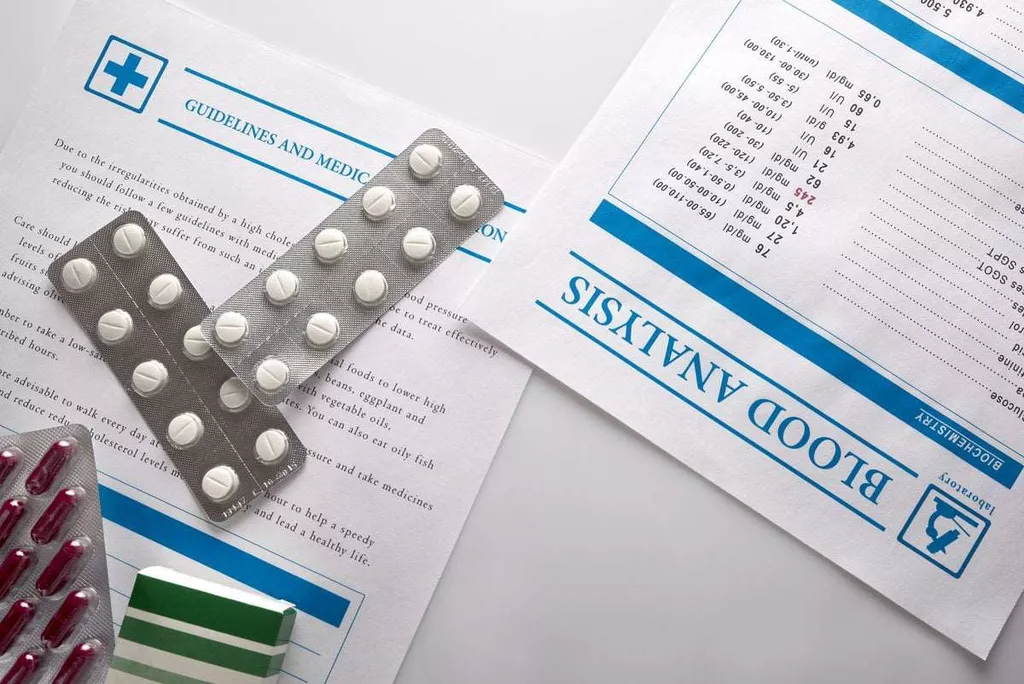Content
Alcohol and mental health disorders can quickly turn into a cyclical problem. Alcohol temporarily numbs feelings of anxiety and depression, but in the long-term makes them much worse. It may cause a person to feel the need to drink any time they feel anxious or depressed in order to achieve momentary relief. It’s well-known that drinking alcohol can have physical consequences, such as causing liver damage or heart disease.
Do dopamine levels return to normal after quitting alcohol?
According to the Recovery Research Institute, it takes 14 months of complete abstinence for the dopamine transporter levels (DAT) to return to nearly normal. Grisel, who has overcome both alcohol and drug use disorders, now studies the way drugs and alcohol affect the brain.
The mesocorticolimbic dopamine system has an established role in driving the rewarding sensations from natural rewards such as food, sex and exercise, which are important behaviours to ensure our survival [6, 7] as well as among drugs of abuse, including alcohol (for review see [8]). The physiological importance of the mesocorticolimbic dopamine system is highlighted by its evolutionary stability and conservation in primitive invertebrates, such as, flatworms, all the way up to primates, including humans. It was identified serendipitously in the 1950s when Olds and Milner found that rats self‐administer electrical currents into certain specific brain regions [9].
The Good News: It’s Reversible
You can better store and retain the new information, allowing your brain to rewire in ways that promote and encourage healthy behavior. Excessive alcohol consumption affects the hippocampus, making it difficult to transform short-term memories into long-term ones. In fact, the feeling of serotonin efficiency is responsible for that anxious and depressed feeling that accompanies a hangover. Into Action Recovery Centers takes pride in providing a high level of treatment and a holistic approach to recovery for those who suffer from addiction.
- In the process of undergoing these therapies, you find ways of disarming use triggers and stressors.
- Our counseling staff provides individualized treatment and care for our clients with an emphasis on tailoring treatment to the specific needs of each individual.
- Another atypical antipsychotic drug, quetiapine, has been evaluated in a case study [160] and an open‐label study [161] in patients with alcohol dependence and comorbid psychiatric diagnosis.
- Impairments in the hippocampus are also linked to severe withdrawal symptoms.
- These findings support the extensive clinical findings demonstrating that alcohol‐dependent individuals have significant impairments in executive functions such as working memory, impulsivity and decision‐making; functions governed by the cortical brain structures.
Selective pharmacologic blockade of AMPA receptors in the basolateral amygdala attenuated withdrawal-related anxiety-like behaviors in rats, suggesting a role for adaptations in AMPA receptors in expression of withdrawal symptoms (Lack et al., 2007). So, a person over 30 with anxiety who has been a daily heavy drinker for a long time will have a much greater risk of serious withdrawal than someone under 30 with no co-occurring mental health conditions and short-term alcohol use. alcohol and dopamine At times, a person’s previous experiences with withdrawal can be the best predictor of future withdrawal, so individuals and professionals should always assess detoxification history. Alcohol withdrawal symptoms start about hours after you quit drinking alcohol. However, some people don’t start experiencing alcohol withdrawal and detox symptoms for 48 hours. The best way to provide information about what happens when you quit drinking alcohol is to divide it up into stages.
Alcohol
Many people confuse this feeling for pleasure but what’s actually happening is that the brain is anticipating a reward. The problem is that the dopamine system can make you believe that certain experiences are worth remembering — and repeating — over and over again, even if the experience is harmful to the body (hence the problem with alcohol or drugs). Researchers at McGill University in Canada performed positron emission tomography (PET) brain scans on 26 social drinkers and noted a “distinctive brain response” in the higher-risk subjects after they consumed three alcoholic drinks. When we drink, the brain’s so-called reward circuits are flooded with dopamine. Because you are no longer under the influence of alcohol, your neurotransmitters become more efficient at sending messages throughout your brain and body.
This is further corroborated by the findings that self‐reported behavioural measures of stimulation, euphoria or drug wanting by alcohol correlates with the magnitude and rate of ventral striatum dopamine release [96–98, 94, 99, 100]. These studies clearly substantiated the involvement of dopamine in the reinforcing effects of alcohol and closely mimicked the findings of the preclinical studies. The amino acids glutamate and γ-aminobutyric acid (GABA) are the major excitatory and inhibitory neurotransmitters, respectively, in the CNS.
Dopamine transporters increase in human brain after alcohol withdrawal
While alcohol initially facilitates the inhibitory actions of GABA and inhibits excitatory effects mediated by glutamate transmission, chronic alcohol exposure results in compensatory changes in these amino acid transmitter systems that are opposite in nature and revealed upon withdrawal. Manifestations of this resultant imbalance in GABA-mediated inhibition and glutamate-mediated excitation in the CNS are known to underlie https://ecosoberhouse.com/ expression of various withdrawal symptoms, most notably CNS hyperexcitability (Becker, 1998; Littleton, 1998; Hillbom et al., 2003). Indeed, it is well established that neuroadaptations in glutamatergic and GABAergic signaling systems following chronic alcohol exposure play a prominent role in mediating a variety of dependence and withdrawal-related sequlae (Fadda and Rossetti, 1998; Lovinger and Roberto, 2013).

Like dopamine, serotonin is partially responsible for the rewarding and euphoric effects of alcohol. However, it can take longer than that for the dopaminergic system to rebalance completely. At first, you may be unmotivated to seek out activities that make you feel good.
Treatment
One of the reasons that you lose motor function and experience inhibition when you drink alcohol is that the substance damages your frontal lobe. People who struggle with alcohol use disorder often feel mentally foggy or have problems with memory and concentration. Into Action Recovery Centers provides an abstinence-based program and all of our staff members have a strong understanding of the recovery process through personal experience.
- Moreover, cabergoline, a dopamine D2 receptor agonist, decreased alcohol intake, relapse drinking as well as alcohol‐seeking behaviour in rodents [170].
- Chronic alcohol exposure engages a number of neuropeptide systems in the brain, with CRF most extensively studied in animal models of dependence (Heilig and Koob, 2007; Koob and Zorrilla, 2010; Lowery and Thiele, 2010).
- A very large percentage of the health burden in developed countries is caused by alcohol abuse.
- Depending on the individual’s symptoms and risks, detox may include observation and monitoring only, while others may include intense medical interventions to limit danger and life-threatening consequences.
That’s why it’s so important to do what you can to stay healthy and make sure your body is making enough of it and using it efficiently. Basically, dopamine is involved in almost every area of your thought and reward system. So the healthier your brain is, the better it can use dopamine effectively and communicate messages between nerve cells and the rest of your body.
The continued consumption of alcohol leads to dependence, which might be very hard to break. However, if you’re an alcoholic, quitting may result in very severe symptoms. Though neurological addiction studies have suggested the occurrence of alterations in the mesolimbic dopamine systems of alcohol-dependent people, it has remained unclear whether these neuroadaptations result in hypo- or hyperdopaminergic states. Researchers are interested in learning more about the effects of dopamine in alcoholism, because the condition has a high degree of relapse among recovering individuals and behavioral approaches are often inadequate in addressing this addictive disease. Drinking alcohol can also have a number of negative effects on mental health, and can cause anxiety and depression, or exacerbate previous existing symptoms.
Does alcohol affect your dopamine levels?
While drinking initially boosts a person's dopamine levels, the brain adapts to the dopamine overload with continued alcohol use. It produces less of the neurotransmitter, reducing the number of dopamine receptors in the body and increasing dopamine transporters, which carry away the excess dopamine.



